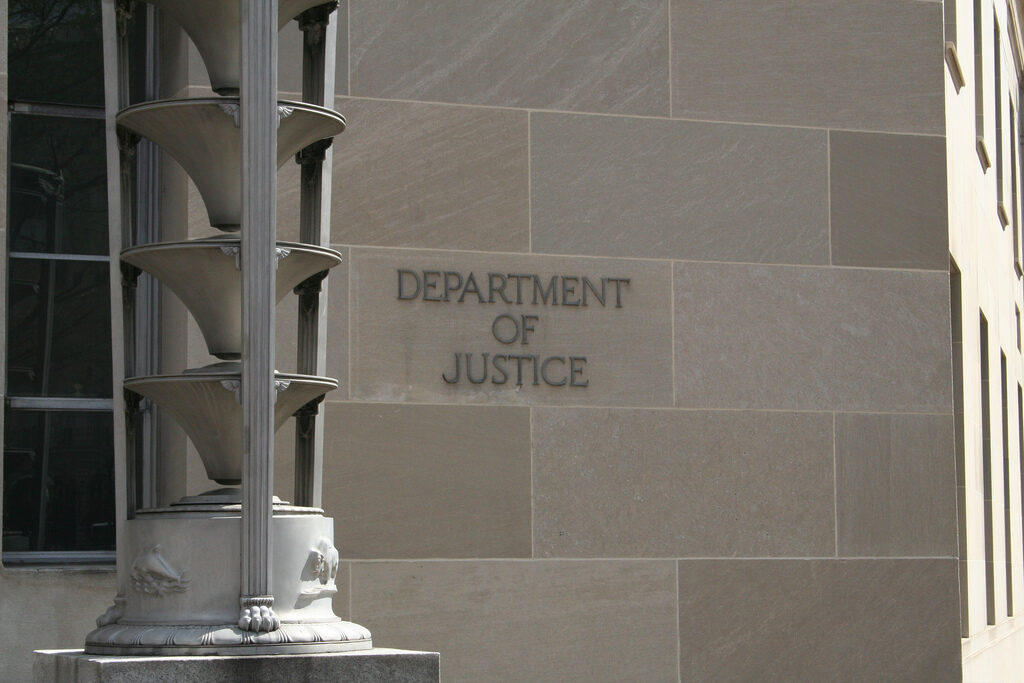I don’t know whether to laugh or cry. Elena Kagan’s dissent [it’s a .pdf, and you’ll have to scroll way down to find it] in ARIZONA FREE ENTERPRISE v. BENNETT basically treats Roberts’s majority opinion the same way our air forces treated Dresden during World War Two. It’s a carpetbombing that leaves nothing left but a smoldering pile of rubble. It’s a true pleasure to read. Yet, the inescapable tragedy is that she wrote the minority opinion. The five conservatives on the Supreme Court have once again done extreme violence to our democracy and all efforts to combat corruption and the undue influence of corporations.
The case is a bit complicated to explain and I am not going to explain it all here. At the most basic level, Arizona had a law, created through referendum in 1998, with the intent of cleaning up ridiculous corruption among its lawmakers. This law provided public funding to candidates provided they completely eschewed private donations, including from themselves. Anyone who met the basic requirements could run for office and receive a lump sum of $50,000 for their campaign. If any of their opponents (or any outside PAC) spent more money using private donations, they would be eligible to get 94% matching funds up to a cap of $150,000.
The law was struck down, amazingly, because it was ruled that giving a publicly-funded candidate a subsidy infringes on the free speech of a privately-funded candidate. The conservatives actually went after the triggering mechanism, where a privately-funded candidate, having exceeded a cap in spending, will find that every new dollar they spend on their campaign will provide a free dollar to all their publicly-funded opponents.
As Kagan amply demonstrates, the Court has completely gutted all First Amendment law pertaining to elections with this ruling. They are saying that states have no compelling interest in combating corruption that can justify publicly-funded candidates. They are pretending to say that the problem is this particular trigger mechanism, but there isn’t even any logic behind that distinction. The trigger is actually an ingenious invention that solves the problem with setting firm caps that will remain adequate over time and that are appropriate for vastly different districts. As Kagan pointed out, under the majority’s reasoning, an initial unconditional lump-sum of $150,000 would have been constitutional. But an initial $50,000 combined with conditional $100,000 is not because it is triggered by an opponent’s “speech.”
First of all, are donuts and pizza now “speech”? Because those foodstuffs use up a lot of campaign cash. I hate this idea that money is synonymous with speech, and you’ll see that equation over and over again in the the majority’s decision.
Secondly, it’s appalling that this Court thinks it’s unconstitutional for a rich self-funding bastard or a corporate-funded lackey to have to deal with some competition in their bid to become the latest congressional whore.
The SCOTUS is on a rampage against any form of progressivism.
